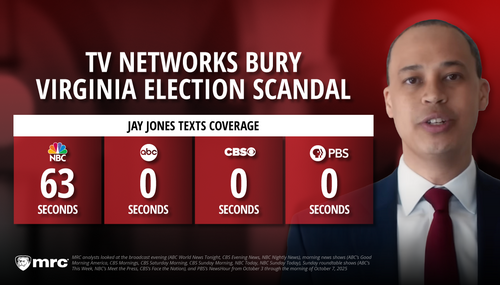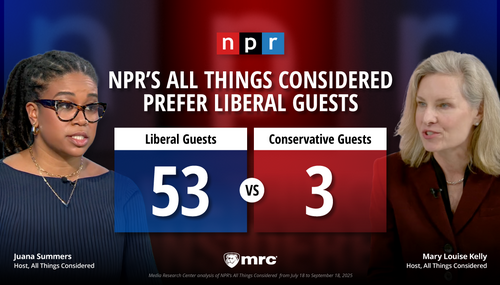Nothing like the cheery decade of the 1970s - disco dancing, "Animal House," Farrah Fawcett and the buzz word reincarnated by the media - stagflation.
After a disappointing spike in inflation, the producer price index (PPI), by 1.0 percent in January, and a rise in core inflation (with food and energy costs excluded), rising 0.4 percent on Tuesday, the media have deemed it necessary to sound the stagflation siren.
"Now, to the economy," ABC "World News" anchor Charles Gibson said. "And a word not heard since the 1970s - stagflation. That occurs when prices go up just as the economy slows down - stagnation plus inflation. And the government that wholesale prices shot up 1 percent in January and are now up almost 7.5 percent in the past 12 months."
Although economic growth has tapered off, from 3.9 percent in the third quarter of 2007 to forecasts of 0.6 percent in the fourth quarter of 2007 - stagflation takes time to develop according to Brian Wesbury, an economist for First Trust Advisors, L.P.
"Let me just put it this way, stagflation comes from the 1970s," Wesbury said on CNBC's February 21 "Power Lunch." "A lot of people throw this word around. They don't know what they're talking about. It takes a long time for stagflation to develop. It was because every time the economy kind of faltered in the 70s, we cut interest rates, like we just did, and that drove inflation higher. And then, when we raised interest rates to kind of fight inflation, that hurt the economy - then we cut interest rate really fast again."
"Just today, oil set a record high - a barrel of crude at just over $100," ABC correspondent David Muir said. "And what so worries economists, is that potential dynamic - stagflation."




